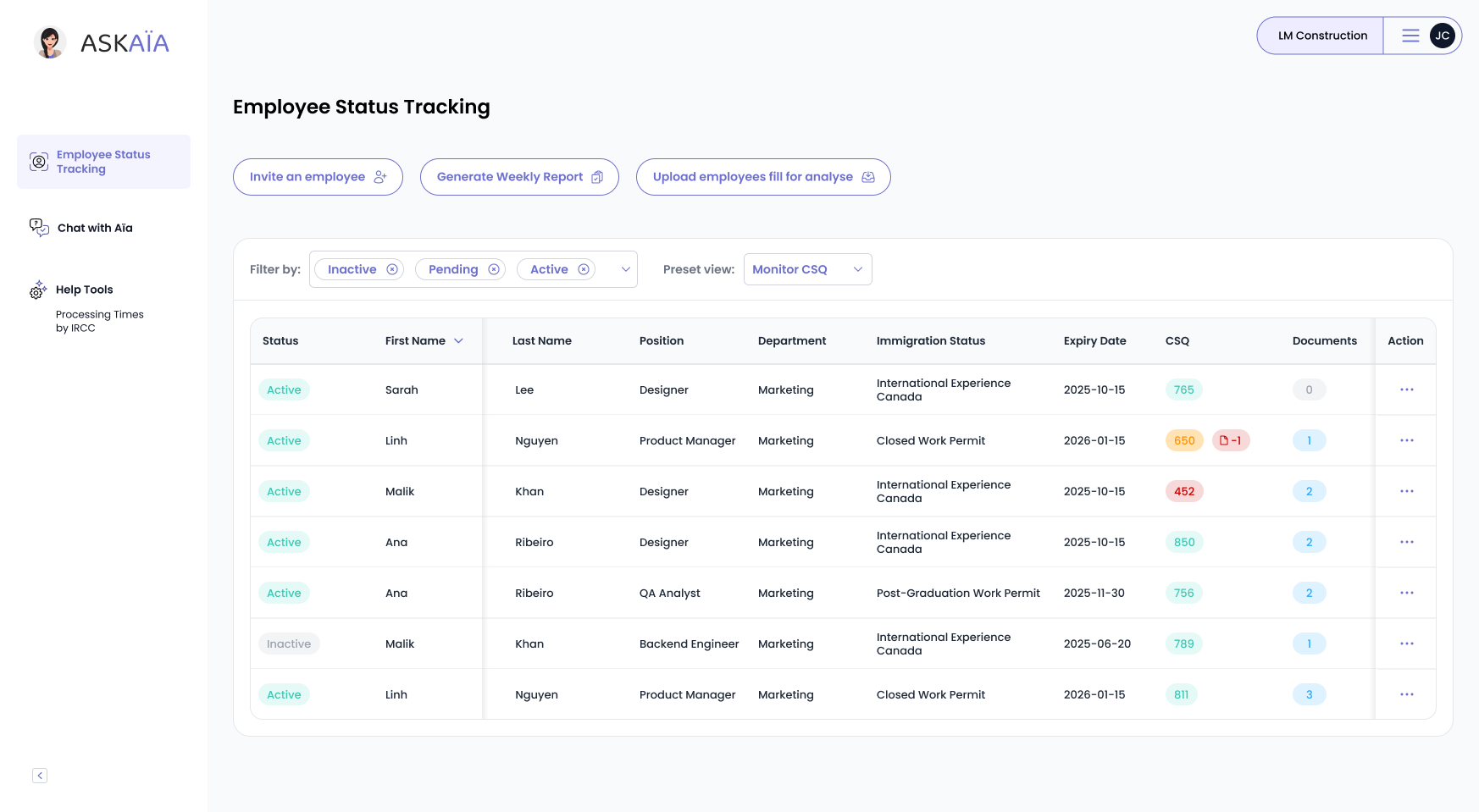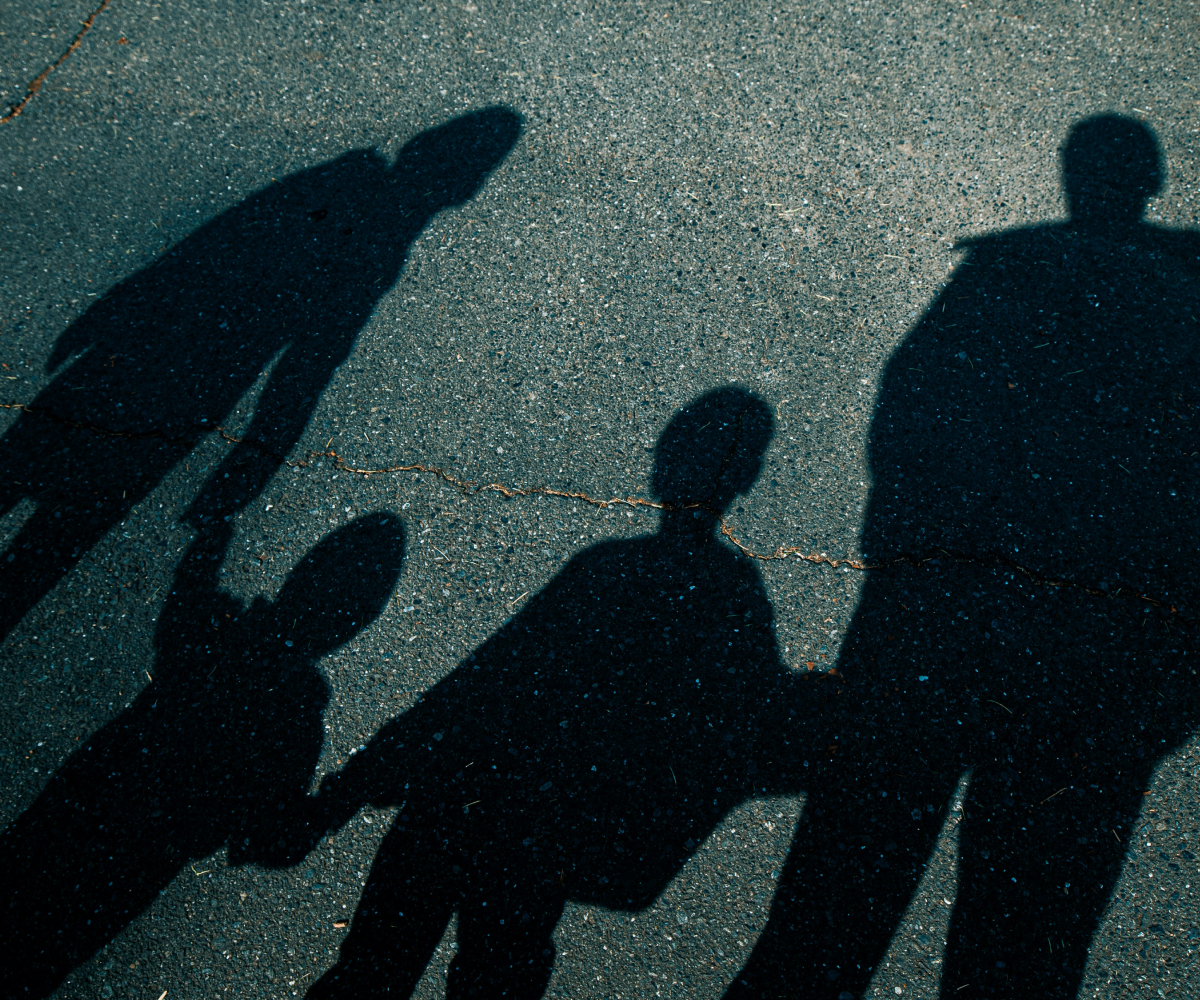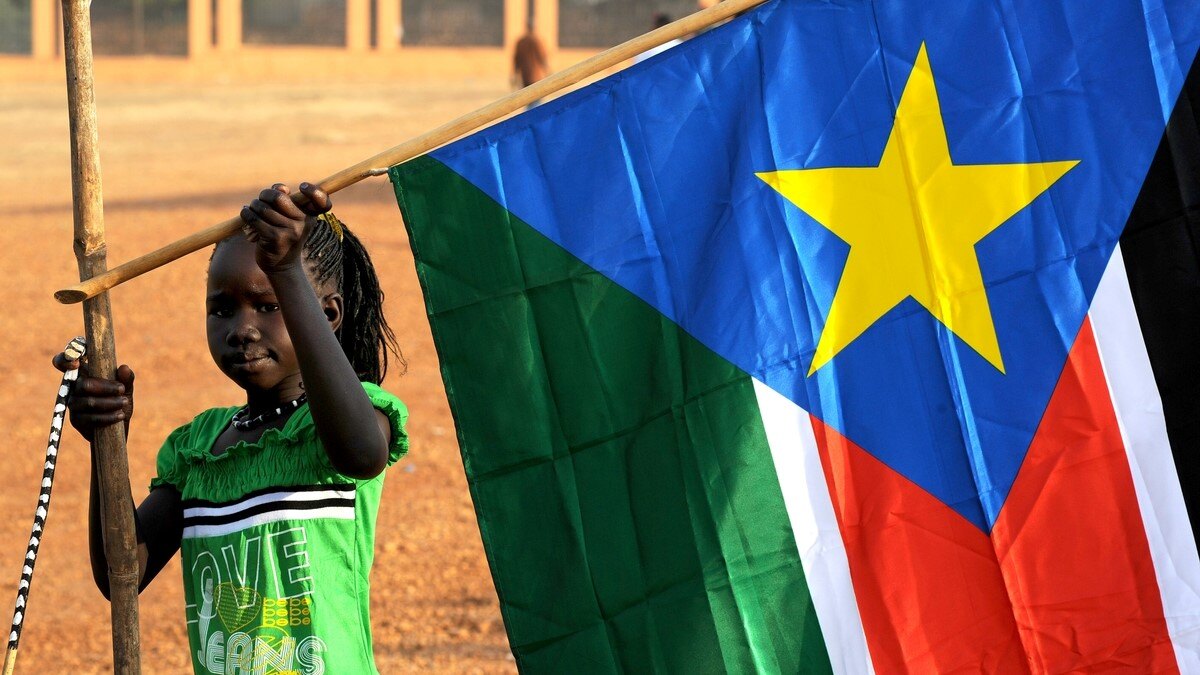Editor's Note (Election Day - April 28, 2025): As Canadians vote today in the Federal Election 2025, this article explains the Bloc Québécois' specific demands regarding immigration in Quebec. While the Bloc only runs candidates in Quebec, the overall election results will determine their influence on federal immigration policy, especially in a potential minority government situation.
For live analysis of the national election results and their potential impact on Canadian immigration across all provinces, follow AskAïa's dedicated coverage: AskAïa's Live Election Results & Immigration Impact Analysis.Are you new to Canada and wondering why immigration is such a hot topic in Quebec right now? With the federal election coming up on April 28, 2025, immigration is front and center in political debates — especially in Quebec. One party in particular, the Bloc Québécois, is making headlines with strong opinions and new immigration proposals. But if you’re not from here, you might ask: Who are they? What do they want? And how could their ideas affect me as an immigrant in Quebec?
Who Is the Bloc Québécois and Yves-François Blanchet?
The Bloc Québécois (often just called “the Bloc”) is a federal political party that represents only the province of Quebec in Canada's national parliament.
Unlike other Canadian parties, the Bloc:
- Only runs candidates in Quebec,
- Doesn’t aim to govern the country,
- Focuses on defending Quebec’s identity, language, and values in Ottawa.
The Bloc wants more autonomy for Quebec — especially when it comes to immigration policy, culture, and language laws. Their message is clear: “Let Quebec decide what’s best for Quebec.”
In the 2025 federal election, immigration is one of their top priorities. Their leader, Yves-François Blanchet, a former Quebec environment minister and long-time advocate for Quebec nationalism, argues that the current federal system doesn’t reflect Quebec’s cultural and demographic reality or do enough to protect the French language. Under his leadership, the Bloc has regained political influence in Ottawa and is now pushing for greater provincial control over who gets to immigrate to Quebec and under what conditions.
This emphasis on provincial control and cultural preservation sets the Bloc apart from other federal parties, each presenting distinct immigration policies in the 2025 election:
- Liberal Party (Mark Carney): The Liberals have reduced immigration targets to address housing and infrastructure concerns.
- Conservative Party (Pierre Poilievre): The Conservatives propose further cuts, linking immigration levels to housing availability and advocating for stricter controls on asylum seekers.
- New Democratic Party (Jagmeet Singh): The NDP emphasizes immigrant rights and integration support.
Distinctly, the Bloc Québécois focuses on Quebec's autonomy, advocating for full provincial control over immigration and mandatory French language proficiency for newcomers.
Bloc Québécois Immigration Proposals in 2025
The Bloc Québécois believes Quebec should have full control over immigration — not just partial influence. They argue that Ottawa is making decisions that don’t match Quebec’s cultural and linguistic priorities.
Here are their key immigration proposals for 2025:
French First — Language Requirement for Canadian Citizenship in Quebec
The Bloc wants French to be mandatory for anyone applying for Canadian citizenship in Quebec:
- No option to take the citizenship test in English if you live in Quebec,
- Applicants would need to speak and understand French to qualify.
They also propose raising the age threshold for language testing from 55 to 65, meaning more newcomers would need to pass a French test.
“We’re not asking for more immigrants — we’re asking for immigrants who speak French,” said Yves-François Blanchet during a recent press event in Montreal.
Quebec Immigration Autonomy — Full Control Over Programs
Currently, the federal government manages many immigration programs. The Bloc wants Quebec to control:
- Temporary foreign worker programs,
- Family reunification programs,
- Refugee claims and asylum processes.
They also argue that Quebec receives more than its share of asylum seekers compared to other provinces and want a more balanced approach.
Supporting Regional Immigration
To promote rural development, the Bloc proposes:
- Offering permanent residency tied to specific regions,
- Prioritizing newcomers who move to small towns facing labor shortages.
They believe this would help balance population growth and support regional economies — not just urban centers like Montreal.
These proposals have sparked national debate. Supporters say they strengthen Quebec’s identity and integration model. Critics worry they might make the immigration process more restrictive.
What Do These Proposals Mean for Immigrants in Quebec?
If you’re living in Quebec — or planning to move here — you might be wondering: How could the Bloc Québécois immigration platform affect me?
Let’s take a look:
French Language Skills Will Be Even More Important
If these proposals become law, speaking French could become essential to obtain Canadian citizenship in Quebec. Even today, French can help you:
- Access better job opportunities,
- Navigate public services,
- Feel more connected to your local community.
AskAïa Tip: Free French classes are available throughout Quebec. Check with local organizations or government services.
Quebec Immigration Rules Could Become More Specific
If Quebec gains more autonomy:
- Expect Quebec-specific immigration streams,
- New rules could apply to work permits, family sponsorship, and asylum,
- Application timelines and criteria might vary based on your profile.
These changes aren’t in place yet — but as the April 28 election approaches, they’re gaining attention.
You May Be Encouraged to Settle Outside Major Cities
The Bloc wants to encourage immigration to regions beyond Montreal:
- Expect new residency options tied to rural and regional communities,
- Some programs may offer incentives for choosing smaller towns.
For many, this could be an opportunity to build a more affordable and stable life in communities that need newcomers most.
In short: The Bloc’s platform could influence how Quebec selects, supports, and integrates immigrants in the years ahead. Understanding these ideas now can help you make informed choices.
Quebec Immigration Is Changing: Stay Informed
Immigration is a top issue in Quebec’s 2025 federal election — and the Bloc Québécois is driving much of that conversation.
Their message is clear:
“Let Quebec decide who comes, where they live, and how they integrate — especially when it comes to French.”
For immigrants, that could mean:
- French language skills may become more important,
- Immigration rules might shift depending on your permit type or region,
- Some programs could favor regional settlement and French-speaking applicants.
Of course, these are just proposals — not current laws — and they may evolve depending on how the federal election unfolds. If adopted, some changes could open new pathways or clarify expectations, especially for those open to settling outside major cities or already learning French.
The conversation is ongoing — and so is the opportunity to adapt and succeed.
The best thing you can do? Try AskAïa’s free assessment to find your best immigration options — based on your profile and the latest changes in Quebec.
At AskAïa, we break down what’s happening so you can move forward with confidence.

Let’s get your demo started
Book a demo
You May Also Like
These Related Stories

Quebec Sponsorship Cap Reached: Steps to Prepare for 2026
At a Glance " \n Cap set at 13,000 sponsorship undertakings for 2024–2026. \n 10,400 spots for spouses and adult children reached by July 9, 2025. \n …

Canada Starts Refunding Immigration Fees for Missed Processing Times
Long processing times have long frustrated immigrants in Canada. A little-known policy now offers partial refunds when IRCC exceeds its own service st …

Canada Expands Sudanese Refugee Program Amid Quebec Restrictions
In response to Sudan’s humanitarian crisis, Canada is increasing its refugee intake, aiming to resettle 10,000 Sudanese refugees, including 4,000 gove …
